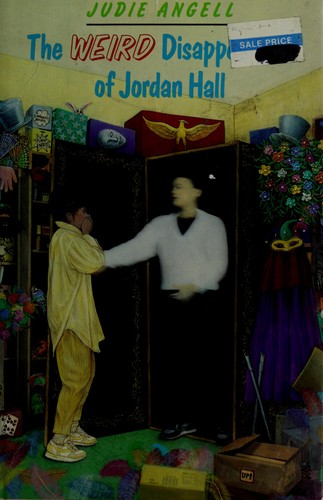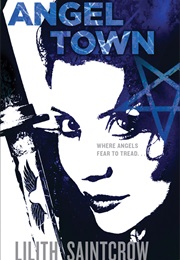
After high school Jordan enrolled in Barnard College in New York City. Her teachers encouraged her interest in poetry, but did not introduce her to the work of any Black poets. Though becoming a poet “did not compute” for her parents, they did send the teen-aged Jordan to prep schools where she was the only Black student.

In fact, my father was the first regular bully in my life.” But Jordan also has positive memories of her childhood and it was during her early years that she began to write. Her parents were both Jamaican immigrants and, she recalled in Civil Wars: Selected Essays, 1963-80 (1981), “for a long while during childhood I was relatively small, short, and, in some other ways, a target for bully abuse. Her honors and awards included fellowships from the National Endowment for the Arts, the Massachusetts Council on the Arts, and the New York Foundation for the Arts, a Rockefeller Foundation grant, and the National Association of Black Journalists Award.īorn July 9, 1936, in Harlem, New York, Jordan had a difficult childhood and an especially fraught relationship with her father. Regarded as one of the key figures in the mid-century American social, political and artistic milieu, Jordan also taught at many of the country’s most prestigious universities including Yale, State University of New York-Stony Brook, and the University of California-Berkeley, where she founded Poetry for the People.

In volumes like Some Changes (1971), Living Room (1985) and Kissing God Goodbye: Poems 1991-1997 (1997), Jordan uses conversational, often vernacular English to address topics ranging from family, bisexuality, political oppression, racial identity and racial inequality, and memory. Jordan’s work also frequently imagines a radical, globalized notion of solidarity amongst the world’s marginalized and oppressed.

A prolific writer across genres, Jordan’s poetry is known for its immediacy and accessibility as well as its interest in identity and the representation of personal, lived experience-her poetry is often deeply autobiographical. Over a career that produced twenty-seven volumes of poems, essays, libretti, and work for children, Jordan engaged the fundamental struggles of her era: for civil rights, women’s rights, and sexual freedom. One of the most widely-published and highly-acclaimed Jamaican American writers of her generation, poet, playwright and essayist June Jordan was known for her fierce commitment to human rights and political activism.


 0 kommentar(er)
0 kommentar(er)
